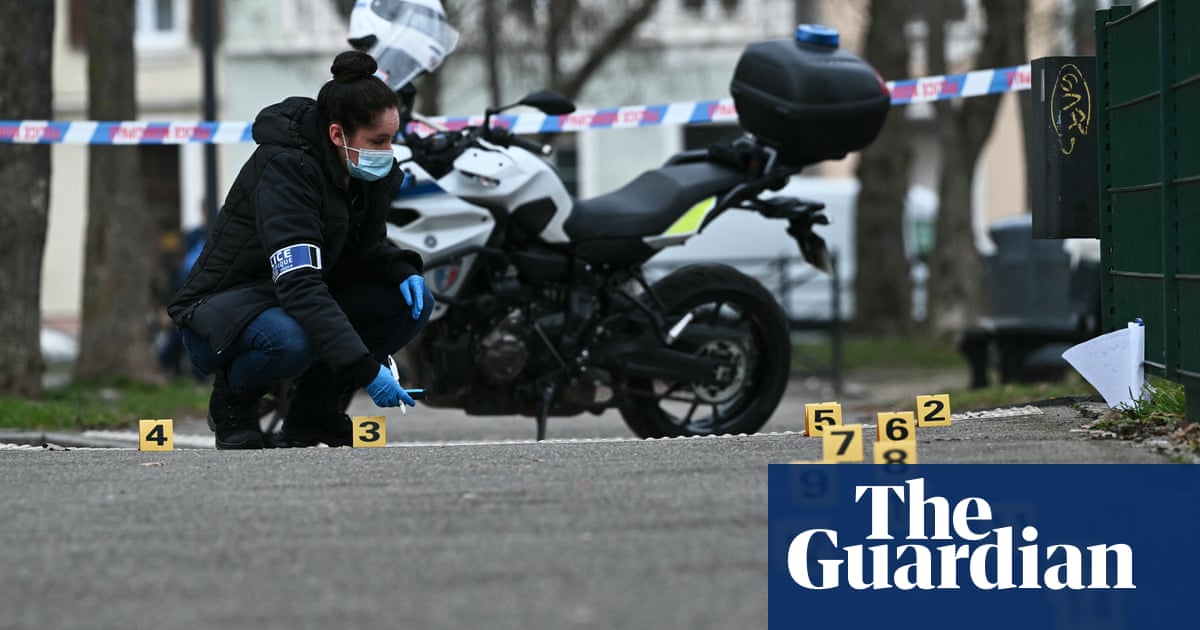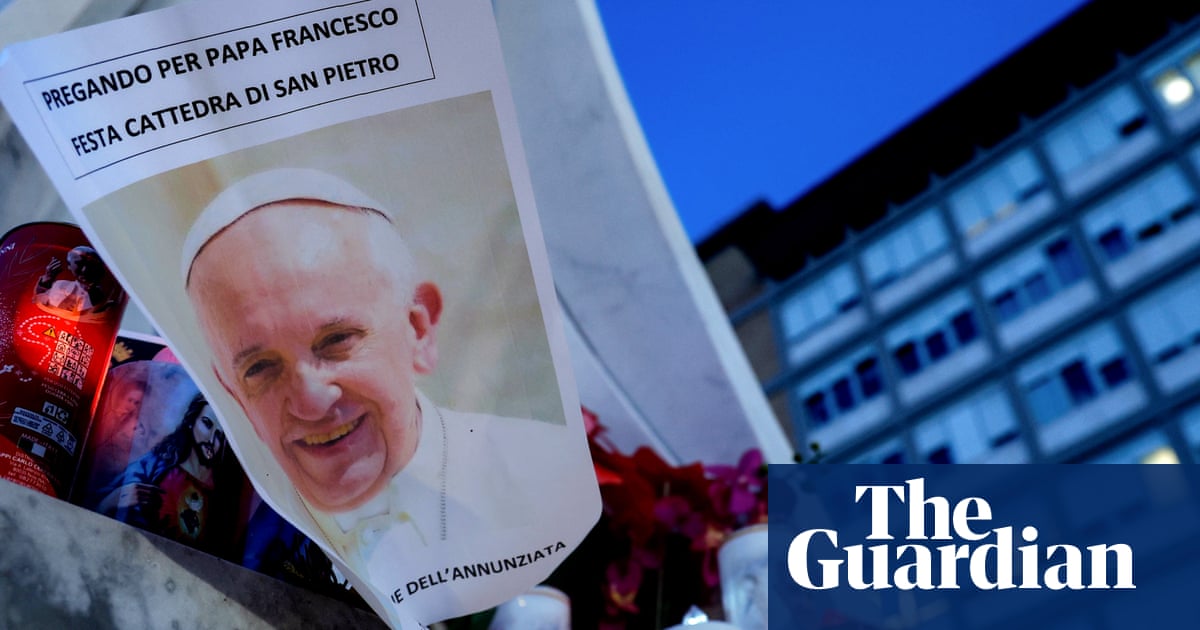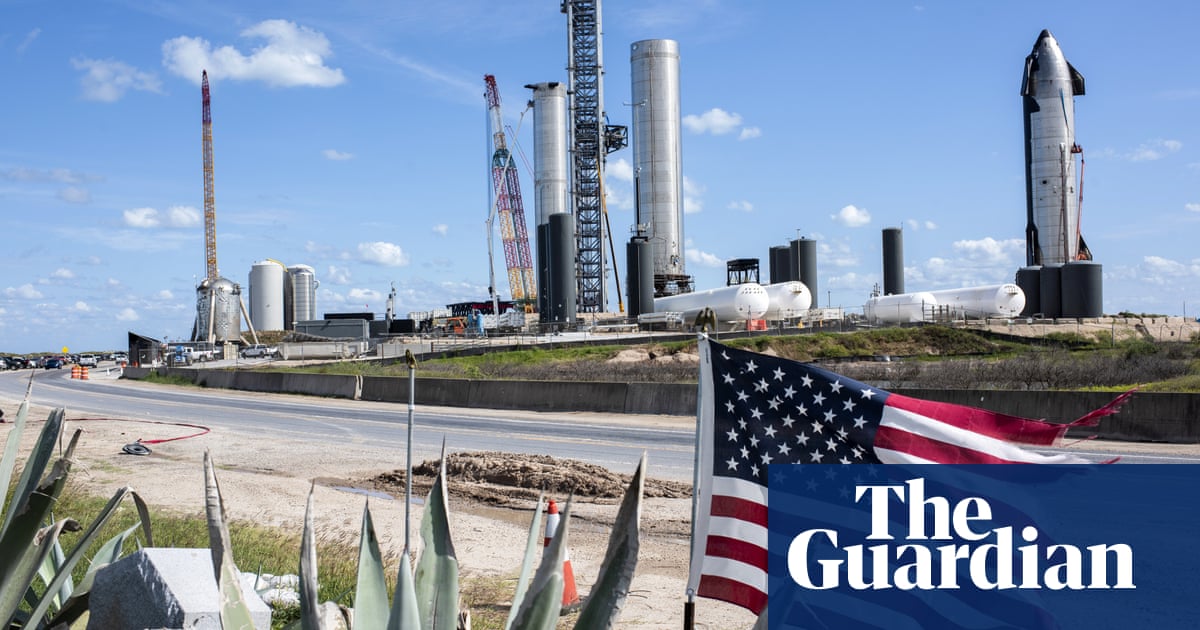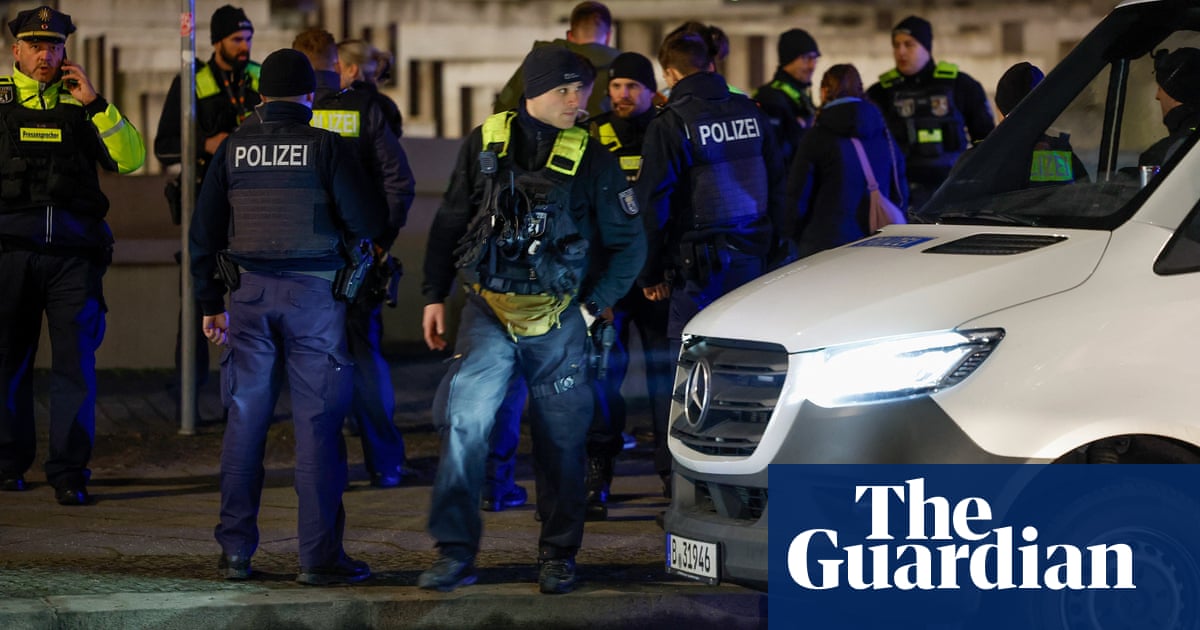“If these elections could bring about any change, they’d not be allowed!” an old man yells at DW as he walks by.
We are in Magdeburg, a city in eastern Germany, a few days before the German election and several weeks after at least six people were killed and 300 more injured when a refugee of Saudi origin drove a rented car through a crowd of revelers at a Christmas market.
Little candles are still burning on the ground, marking the spot where the tragedy occurred. A piece of paper written with the German word “warum?“— or why — is still visible.
“Racism was a topic before,” a young Muslim voter tells DW. “But it got so much worse after the attack. It hurts deeply.” She adds that the upcoming elections have not made it easier.
“The atmosphere in Magdeburg has changed. It’s hateful.”
High emotions ahead of the election
Emotions are running high in the country as the clock ticks towards Sunday’s elections. The key topics are migration, security, and the economy. According to the ARD-Deutschlandtrend poll, one in three German voters is still undecided. Magdeburg’s streets are plastered with campaign posters, promising a brighter and more prosperous future.
Amidou Traore from the Ivory Coast has lived in Magdeburg since 1994. He works for Caritas, a Catholic relief and development organization that also helps people with migration backgrounds. Since the attack, he has observed an increase in attacks against migrants.
“When people are not doing well in their own country, they always try to blame someone else for it,” Traore says while calling for the future German government to be a voice for all those living in the country.
He calls on those with the right to vote to be part of the solution. “Take your integration seriously, and if you have the [German] citizenship, go vote!”
Traore, a member of the German Social Democratic Party (SPD), hopes that after the election, the situation of migrants will improve. And he is not the only one.
‘No more truth in politics’
When DW meets Akinola Famson at the famous Brandenburg Gate in Berlin, the streets are covered in a thick blanket of snow. The representative head of the Africa Council in Berlin has lived in Germany for 30 years, and what he has observed since then shocks him.
“One thing I love about this country is the value system based on Christianity. But those values are not being respected anymore. There is no more truth in politics. Nobody is ready to help. Now the policy is, let’s bargain: What do I get if I assist you?” Famson tells DW.
However, he says he remains hopeful that those coming to power will understand the importance of people from different backgrounds living together in harmony. “Our wish for the next government, no matter who comes to power, is to acknowledge our presence here. Tap into the resources we have, give us room to participate actively in the democratic order.”
What do German voters with African roots think of the far-right AfD?
Joseph Senais, the NGO Street Shepherd Africa director, is excited about the elections. “This is one of the most important elections in German history, especially looking at the rise of the far right and the problems that Germany and Europe are facing,” he tells DW.
His main worry is the far-right populist Alternative für Deutschland (AfD).
“I’m worried because the problem with the AfD is not necessarily the leaders, rather than what they instill in people. Fear,” Senais says, adding that he hasn’t seen any policy from the AfD that will do anything. “Not for the Germans, not for Europe, not for anyone.” Senais adds that the shift in politics should be a wake-up call to other leaders to focus on addressing the challenges.
One voter who believes that a party like the AfD could make a difference in Germany is Josephine-Renee (surname withheld). The young mother with Ghanaian roots is frustrated with how Germany has developed in the past years.
“A lot of the liberal parties have had enough time to get stuff done, to make a change, and to keep their promises,” she tells DW.
“They have not been able to do that. If they are not doing what they’re supposed to do, you kick them out.” Josephine-Renee, who owns The New Eve blog, said she is ready for real change and is prepared to face those criticizing her for her conservative political views.
“I couldn’t possibly care less. I am a woman. I’m a mother. I’m a granddaughter. I’m a German citizen, and I’m a black woman. People expect me to vote liberal because I’m a black woman.” Something she said she won’t do.
The hot topic: Migration
She counts off the number of issues she is concerned about: The high cost of living, the environment, quality education, liberal feminism and the transgender movement. “I love living in Germany. I want to take care of the country I live in.”
For her, that means radically changing how politics is run, including on the issue of immigration.
“My granddad came to Germany in his late teens. He studied and became a doctor,” she explains. “People like him have worked hard to gain a certain level of respect, which is being taken away. That respect is now turning into good immigrants and bad immigrants. And at this point, the bad immigrants are outweighing the good immigrants.”
According to a new study by the Munich Ifo Institute for Economic Research, an increasing proportion of foreigners does not lead to a higher crime rate.
Fekade Bekele, a development and economy expert from Berlin’s Ethiopian community, meets DW at the steps to Bundestag. He says the talk about migration issues is “some kind of campaign to get as many voters as possible.”
However, he emphasizes that migrants must take integration seriously. “If you talk, if you build friendships, this kind of hostility will be abolished,” Fekade stresses.
“We have to feel we are part and parcel of this society. And some foreigners, unfortunately, don’t try to learn the language and to be integrated in this society.”
Inspiring Afro-Germans to participate in politics
In Frankfurt, campaign posters for Armand Zorn are plastered on every corner. The SPD politician is contesting the upcoming elections. Born in Cameroon, he immigrated to Germany at 12 and has been a member of the Bundestag since 2021.
Aware of the hopes and worries many in the African diaspora share, he has been trying to get more young Afro-Germans involved in politics. While he thinks Germany has “one of the best political systems” he knows, he is concerned about the conservative shift.
“This is very worrisome,” Zorn says. “Until recently, politics in Germany were always based on different political parties working together, having different perspectives, and different opinions — but at the end of the day, sitting together, finding a compromise and making sure that the country is progressing in the right way,” he explains, warning that Germany is witnessing more and more polarization.
“We’re seeing more political parties not being open to collaboration with other parties. That’s a danger. That’s quite risky for our society.”
Voters of the Afro-German community in Frankfurt share similar concerns. Furat Abdulle, Richmond Boakye, and Sophie Osen Akhibi, members of the Afro Diasporan Academic Network (ADAN) meet DW downtown in Frankfurt city.
They have differing opinions on Germany’s apparent shift to the right.
“It is a discourse that I cannot and will not support,” Abdulle emphasizes. Boakye, however, admits that he does not have the willpower to distance himself emotionally. “I think the discourse has shifted so much that we’re really starting to see “othering” [the act of treating somebody as though they are not part of a group and different in some way — the ed. ] as normal. And that’s very dangerous for people who look like us.”
Together, the ADAN members are trying to shed light on the needs, wishes, and hopes of the African diaspora and Germans with African backgrounds. A concept for a future that unites all citizens of any background, access to resources for everyone, and inclusive politics that aim to move forward and take everyone along, in other words, a “Germany 2.0.”
“If those who are the least privileged are doing well, then everyone will be doing well,” Abdulle points out.
Osen Akhibi sums up the thoughts of many Afro-Germans. “I would like us as a society to be able to turn on the news again and look forward to concepts on how we can move forward and not just watch the next dispute or the next debacle. Instead, I would really like us to work together and move away from this culture of conflict.”
Edited by: Chrispin Mwakideu
Article by:Source:













